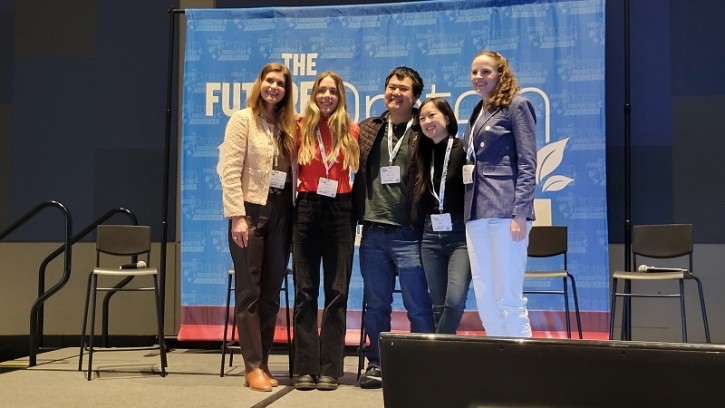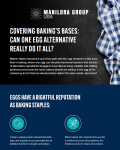Pitch perfection: Alt-protein founders share tips for securing funding at Future of Protein Production event

During the “Startups in Action: Life in the Trenches” session, founders from across the alternative-protein space gathered to share tips and lessons learned on securing funding despite the difficult economic environment.
‘Flip the pitch’ to focus on accomplishments, first-time founders might have to do more
Founders first and foremost need to establish credibility with investors, said Luiza Villela, founder of mushroom-based meat company unClassic. After finding investors would often question her expertise and knowledge of the alt-protein market, Villela changed her tactic to lead with her expertise in food science.
"I used to do a lot of pitch competitions, and you get on stage, and you have all these people looking at you and already judging you from the onset ... [I] start off with [saying] 'hi, I'm a food scientist. I have been in the space for seven years. I developed products for a living, and this is my product’” Villela said.
When seeking two rounds of venture-capital (VC) funding, alternative seafood company Aqua Cultured Foods found that it was crucial to not just talk about the market potential but to highlight the company's accomplishments and its talent, Brittany Chibe, the company’s co-founder and chief growth office explained.
“It was really disheartening, ... but it was also a huge learning experience, and it made me flip the pitch completely. So, instead of going into here is the market and opportunity, and here is how we are going to do it, and here is the team that is going to get us there, it was like here is the team. ... Here is why we are so good. Here is why we are qualified information and here is why you should believe in us. Here are all the great things that we are going to do, [and] here is what we have done.”
From first-time founder pitching to saying no to VC
First-time founders and those who do not have a CPG background might also find a harder time securing the funding that they need to grow their business, noted Christie Lagally, CEO and founder at Rebellyous Foods. This often means that first-time founders will have to do extra work to get the attention of investors, she added.
“When you are a non-traditional founder, you just have to do more and do a lot more ... I am not talking about emails. I am talking about actually pitching in order to really find those diamonds in the rough that actually understand what you are doing, even if it is the most boring thing that people could think to talk about.”
Though many CPG startups rely on VC funds to grow their business, some founders rely more on angel investing — a high-net-worth individual who invests in exchange for brand equity — to grow a business, said Candice Choi, founder of seaweed snack brand Geem.
“I do not think VC funding is a good fit for CPG. Therefore, I think angel investing is probably — friends and family — the best way to go for CPG products, especially ones that do not have anything super proprietary about it,” Choi said.





















